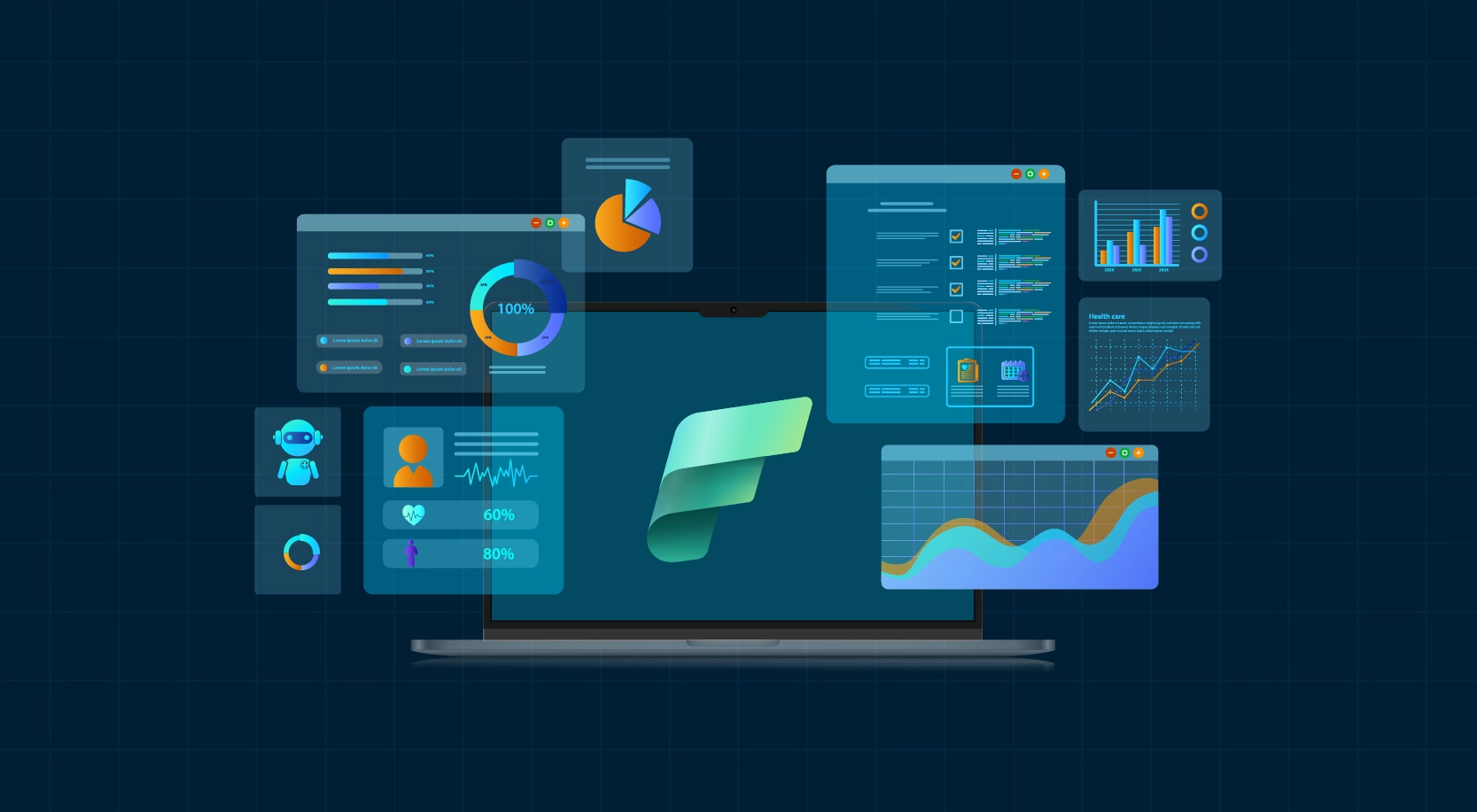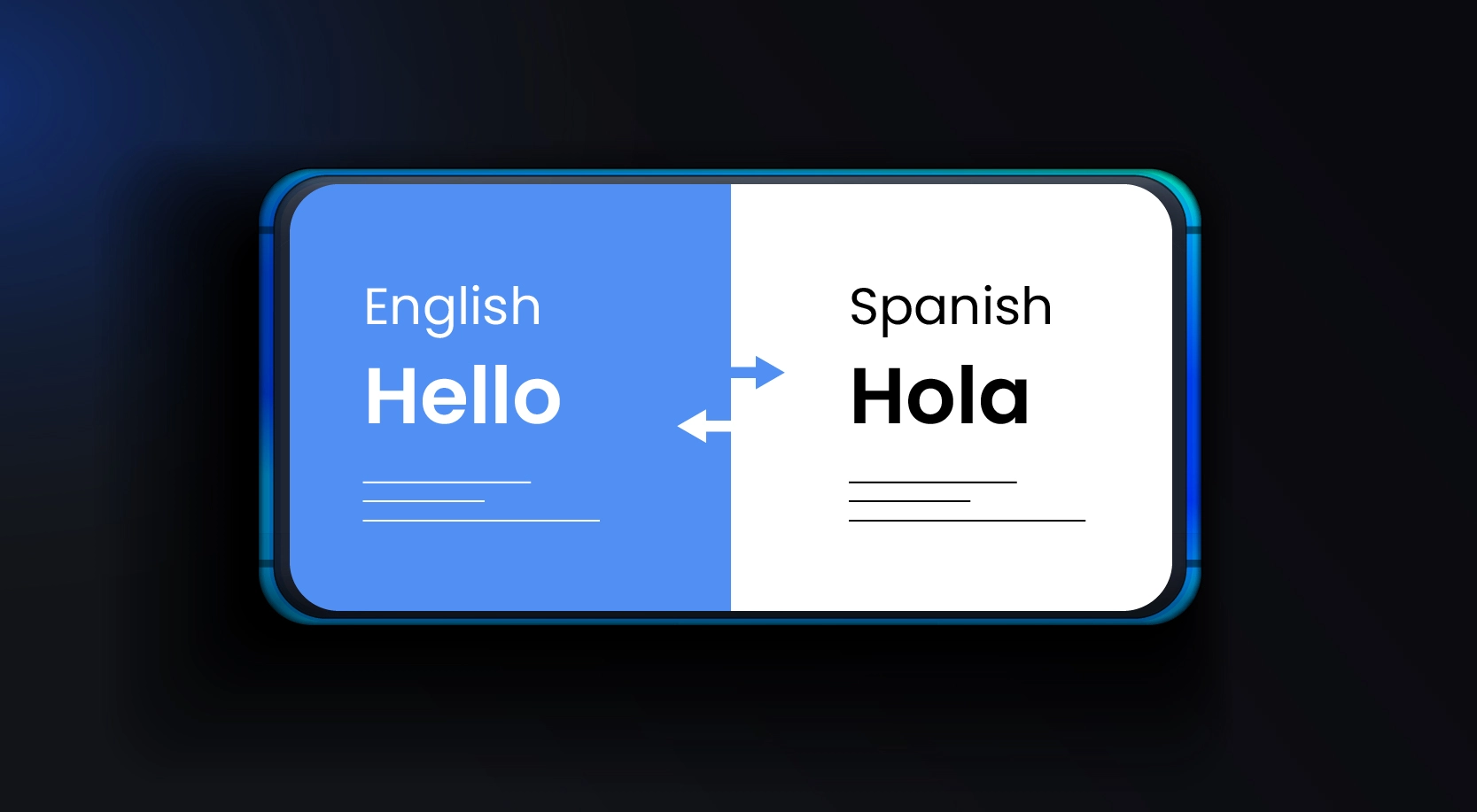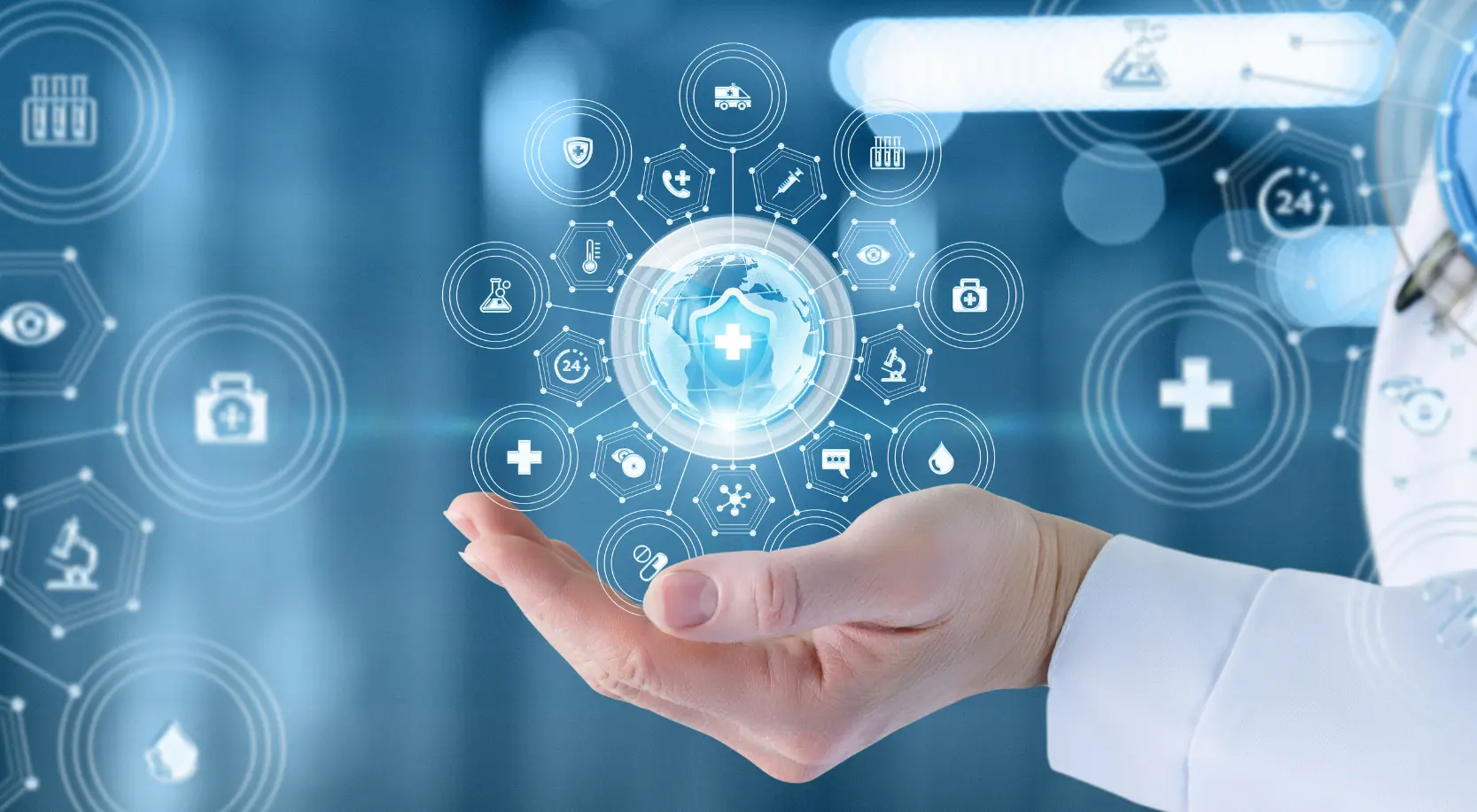
AI Marketing is certainly not a new phenomenon. Having been a marketer for over 30 years now, we were using elements of AI marketing back in the 1990s, albeit in a different way, to enhance aspects of marketing, such as helping us refine our approach to the 5 P’s: product, place, price, promotion and packaging (yes, I am old enough to remember these being taught in graduate school!).
However, AI marketing become more prevalent in all CMO marketing strategies almost 15 years ago—specifically in the early 2010s—with the introduction to big data, deep learning and other advanced AI technologies that helped CMOs more effectively collect, analyze, and leverage large amounts of data to create personalized customer experiences across multiple channels.
Who are the AI Marketing standouts in B2C Brands?
In my opinion, the following companies have distinguished themselves:
Amazon: Probably not a surprise that Amazon tops my list. The Company’s use of AI to power its e-commerce platform, to provide personalized recommendations for me, based on my browsing and buying history, preferences, and feedback, never fails to impress! Amazon also uses AI to create dynamic pricing and promotions, which adjust according to the demand, supply, and competition of each product. Amazon also uses AI to automate its fulfillment and delivery operations, by using robots, drones, and self-driving vehicles to transport and deliver orders.
Netflix: In the hyper competitive world of the U.S. subscription video market, Netflix separates itself from Amazon Prime simply because it just “gets me” better. Meaning, Netflix’s use of AI to personalize its recommendations users like me, based on our viewing history, preferences, and ratings, is more intuitive. I also feel Netflix uses AI to create dynamic and provocative thumbnails that showcase the most appealing scenes from each show or movie, depending on the user’s profile. The scenes I see in the preview will be different than what my wife sees in the same movie or show. Netflix also leverages AI to optimize its content production and distribution by analyzing data on viewership, engagement, and feedback.
Starbucks: As someone who lives in the Northeast of the US, the age-old coffee debate is “Who Ya Got: Dunkin’ Donuts or Starbucks?” While I won’t reveal my choice for the actual coffee, I will say Starbucks more effectively uses AI to power its mobile app, in my opinion. They allow customers to order, pay, and collect their drinks without waiting in line more efficiently than the competition (including Dunkin’ Donuts), creating a better customer experience. Starbucks also uses AI to personalize its offers and rewards for each customer based on their purchase history, preferences, and location. Finally, Starbucks uses AI to optimize its inventory, supply chain, and even staffing by forecasting demand, reducing waste, and improving efficiency.
So, these are my thoughts on best-in-class AI in Marketing in a few iconic B2C Brands. There are other great examples out there: Spotify, Airbnb and Nike also impress me, but I am not a brand loyalist for any of these, so it’s hard for me to have a strong point of view.
What are yours? Would love to hear different points of view!


